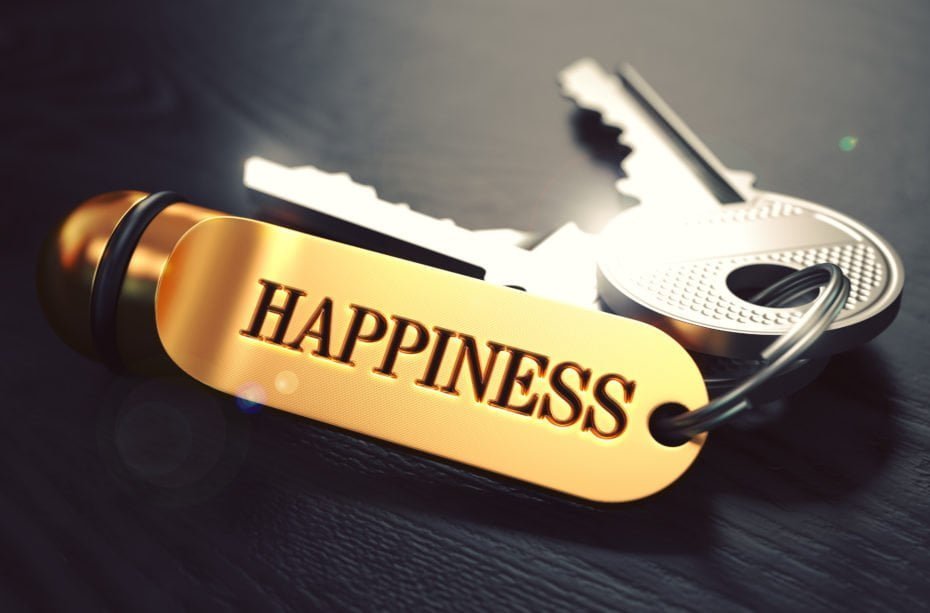By Larry Chatterley
From the Winter 2018 Journal of the Colorado Dental Association
A few years ago, my older brother was dying of congestive heart failure. As I visited with him in the hospital a few months before he passed away, he relayed a story called the “Law of the Garbage Truck.” Since this was the last time I would be talking with him, I figured this must be pretty important information. He did not tell me where he heard the story though, so I found the story online. With the permission of the author, David Pollay, here is the story behind the “Law of the Garbage Truck.”
One day I hopped in a taxi and we took off for the airport. We were driving in the right lane when suddenly a black car jumped out of a parking space right in front of us. My taxi driver slammed on his brakes, skidded, and missed the other car by just inches! The driver of the other car whipped his head around and started yelling at us. My taxi driver just smiled and waved at the guy. And I mean, he was really friendly. So I asked, “Why did you just do that? This guy almost ruined your car and sent us to the hospital!” This is when my taxi driver taught me what I now call, “The Law of the Garbage Truck.” He explained that many people are like garbage trucks. They run around full of garbage, full of frustration, full of anger, and full of disappointment. As their garbage piles up, they need a place to dump it and sometimes they’ll dump it on you. Don’t take it personally. Just smile, wave, wish them well, and move on. Don’t take their garbage and spread it to other people at work, at home, or on the streets. The bottom line is that happy people do not let garbage trucks take over their day. Life is too short to wake up in the morning with regrets. So love the people who treat you right. Pray for the ones who don’t.
In this story, David Pollay shows us that by refusing to let others dump their “garbage” (negativity, anger, resentment) on us, and letting it “pass by” instead, we become happier and more successful, both personally and professionally. When we stop dumping garbage on others, we improve our relationships, strengthen our businesses, and bring our communities closer together. As Charles Swindoll said, “Life is 10 percent what happens to me and 90 percent of how I react to it.” Our happiness or unhappiness is largely dependent upon how we react to the events of our lives, rather than the nature of those events themselves.
Dr. Greg Baer, in his book, “Real Love,” teaches us an important lesson through the following story: What if you were down to your last $20 and you really needed the money to buy food. You leave the money on the table as you prepare to go to the grocery store. Someone comes by and steals the $20 while you are not looking. Understandably you would feel pretty upset and be angry at that person. But what if you had $20 million in the bank and someone stole that same $20? You might be slightly irritated but most likely would not think much of it. After all, what’s $20 when you have $20 million in the bank?
This story represents the emotional bank account we each have and keep with deposits and withdrawals made every day through our interactions with others. The cab driver in the “Law of the Garbage Truck,” found a way to build a sufficient balance of self-love in his emotional bank account to offset the withdrawals made by the actions of others through their mean, disrespectful and/or hateful behavior. Anger, fear and disappointment are really signs of an emotional bank account low on funds; those funds being feelings of real, unconditional love.
Anger is a reaction to fear, and fear is almost always a result of a lack of genuine love from yourself and others. We often use anger to protect ourselves from something that causes us to fear, or as a means of garnering “imitation love” in the form of control or forced respect from those around us. Every meaningful event in our lives happens as an opportunity to choose love over fear. And as George Addair stated, “Everything you’ve ever wanted is on the other side of fear.”
As we learn to recognize our own fears, as we learn to love ourselves and others in real and meaningful ways, as we learn to choose love over fear and anger, we will not only fill our bank accounts and stop spreading our “garbage” to others, we will also be able to take garbage from others and return it with love. This type of return on your investment of building the emotional bank account of others is the kind of dividend that can make lasting change in your life and the lives of those around you. When this happens, practicing dentistry is more enjoyable for you and those who work with you.


